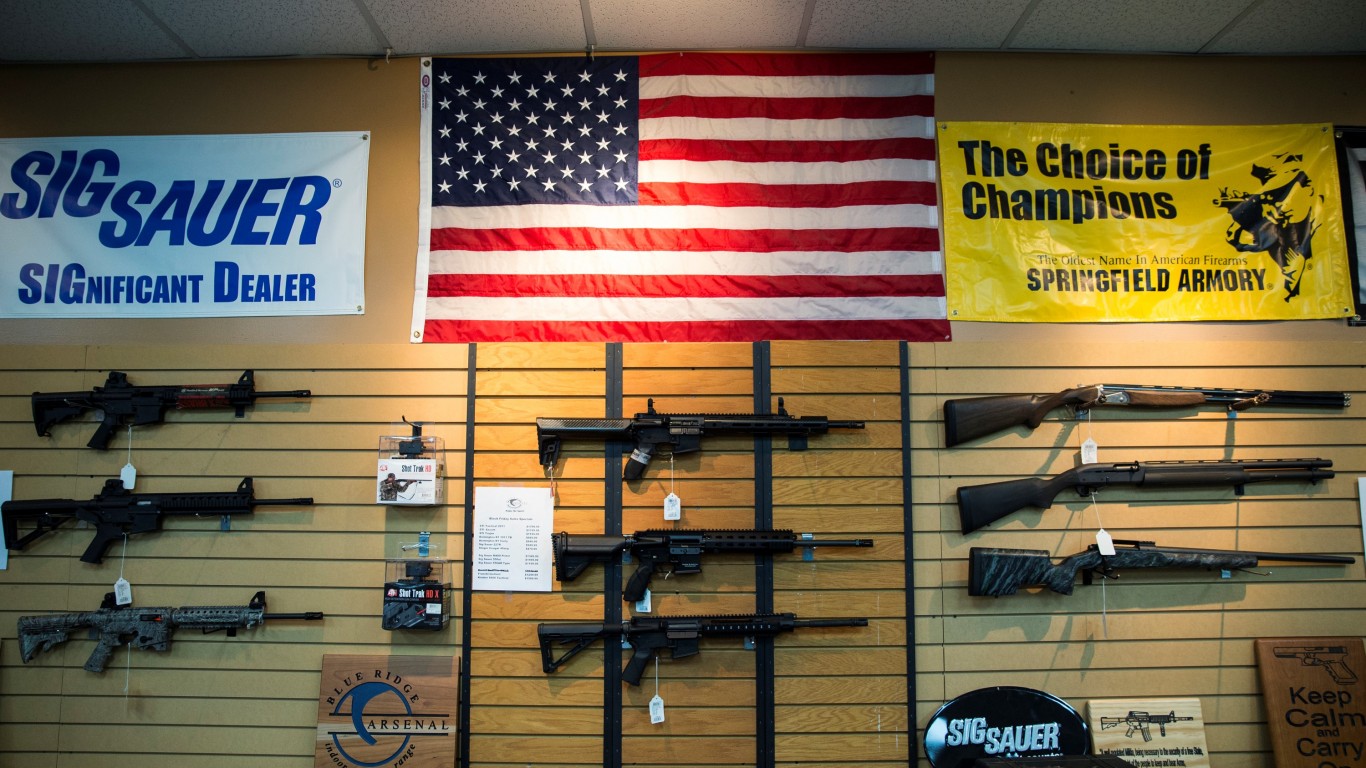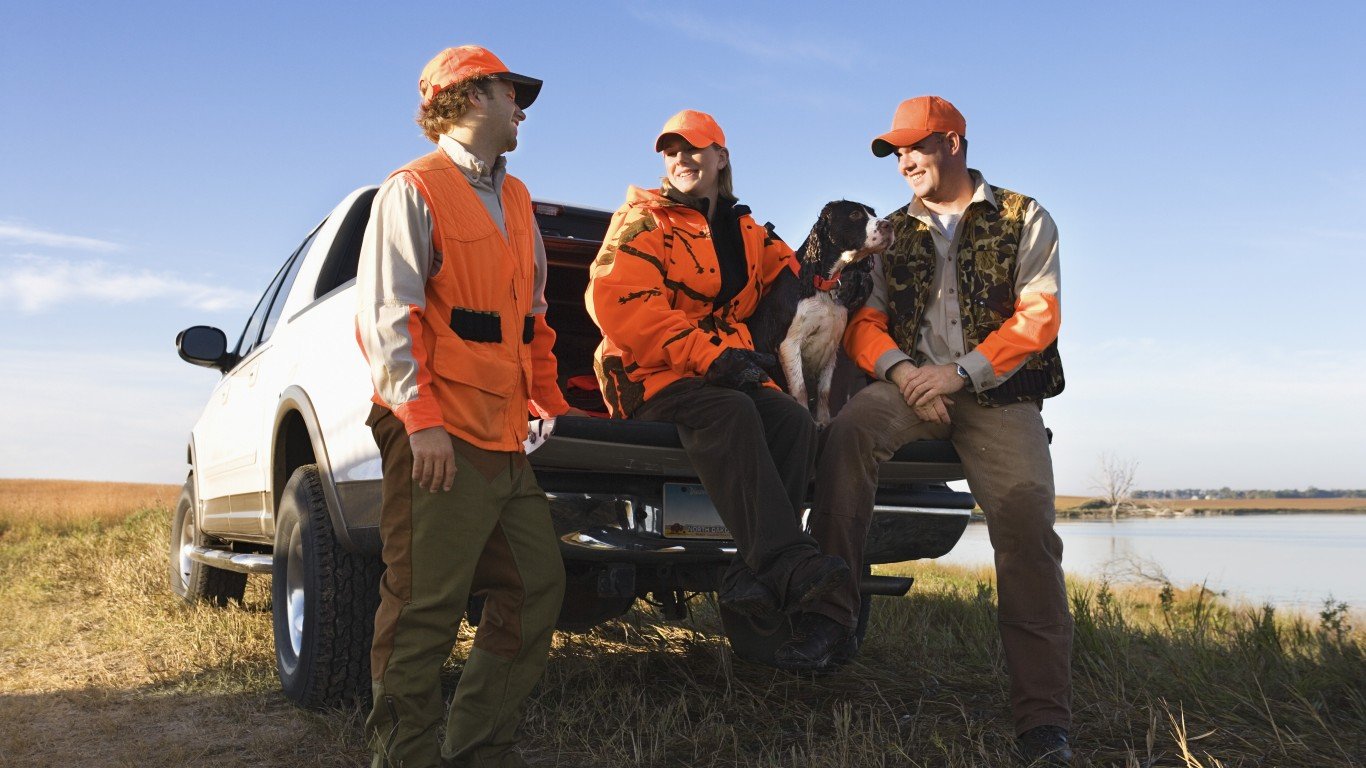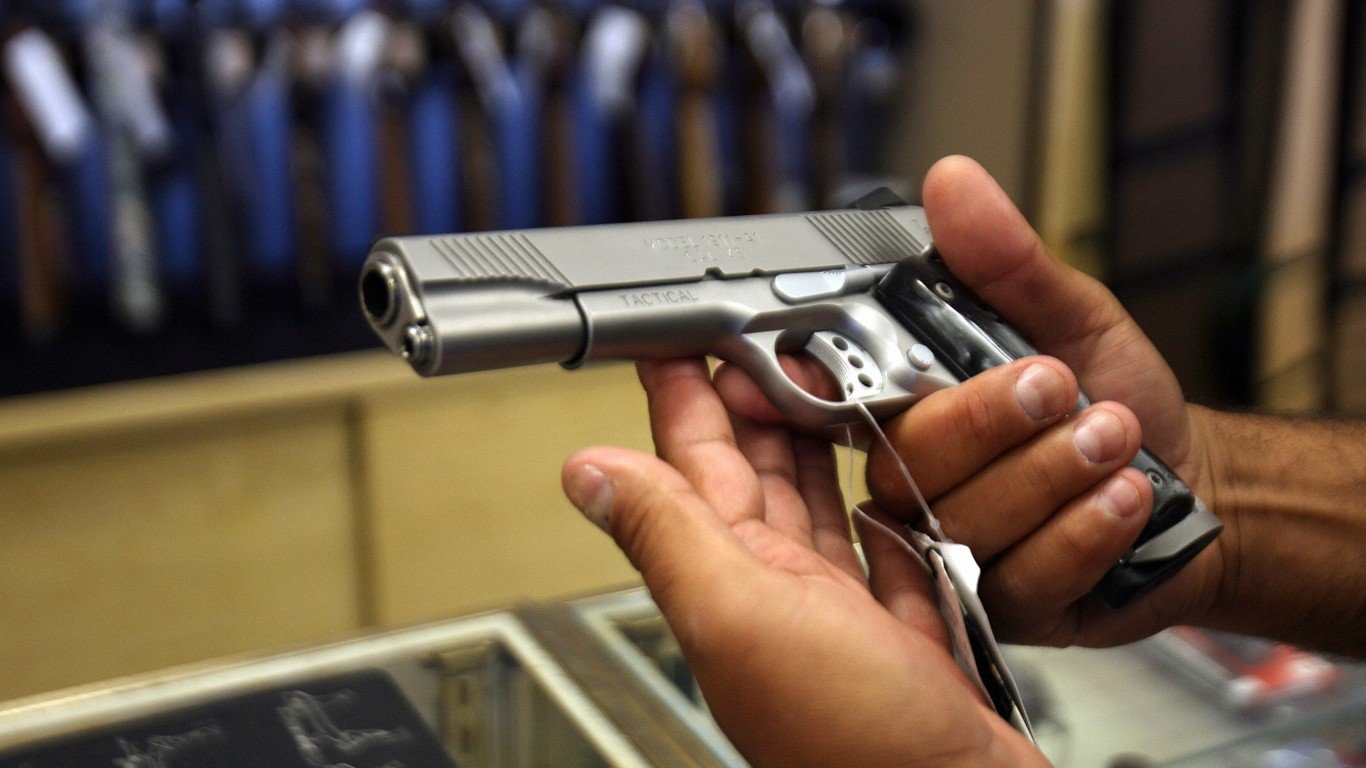

Gun legislation in the U.S. varies by state, with some states having more restrictive gun laws while others are more permissive. Though the Second Amendment gives all Americans the right to “keep and bear arms,” it doesn’t mean there are no restrictions on gun ownership. For example, Maine has recently approved gun safety legislation after a mass shooting occurred in the state. On the contrary, Missouri and Kansas have left their laws unchanged, despite the recent shooting event that occurred during the Kansas City Chiefs Super Bowl championship parade in 2024.
In addition to state laws, some people are prohibited from owning guns, such as fugitives, convicted felons, individuals with certain mental illnesses, and non-citizens. Although possession of a firearm is a criminal offense for some, there is no legal mechanism to proactively ensure compliance. To get around this, many states have enacted policies requiring certain individuals to give up their guns. Depending on the circumstances, state and local law enforcement in some states can confiscate an individual’s guns for months or years at a time.
24/7 Wall St. reviewed data compiled by the Giffords Law Center, a gun violence prevention group, and identified which states the government has the right to take a citizen’s gun. The laws are meant to target individuals who pose a direct threat to themselves or others, not to impose restrictions on responsible, law-abiding gun owners.
Most states on this list have enacted a set of laws known as extreme risk protection orders, or ERPOs. These laws temporarily remove firearm access for persons showing clear warning signs of violence. They are often used to prevent potential suicides and mass shootings. (Here is a look at every state’s grade on gun laws.)
There are some states where families and household members can initiate ERPO interventions, in other states only law enforcement officials can. The level of proof needed to execute an ERPO also varies by state. In some cases, a preponderance of evidence is justification enough, in others, a higher level of clear and convincing evidence is required. Typically, when an ERPO is carried out, the individual in question must relinquish their firearm or firearms to the proper authorities or else have their guns confiscated by law enforcement.
States without ERPO laws are on this list because their laws are designed to verify that individuals convicted of crimes, that prohibit firearm ownership, have relinquished their guns. In other states, law enforcement officials are compelled to remove firearms at the scene of domestic violence emergency calls. (Here is a look at the states where gun-related crimes are surging.)
Here are states where the government can take your gun:
Why We’re We’re Covering Gun Laws
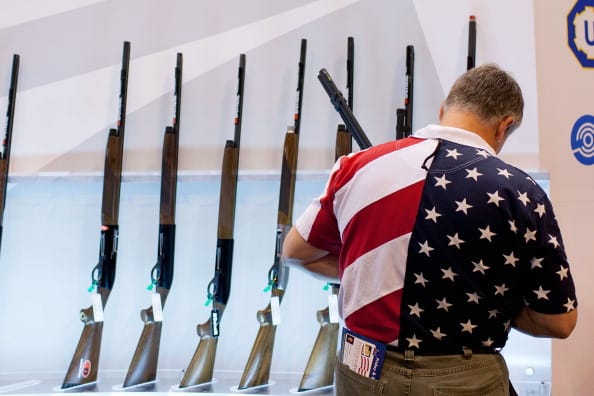
The American gun industry is big business. According to the Firearm Industry Trade Association, the industry was responsible for over $90 billion in total economic activity in 2023. Furthermore, it brings in substantial tax revenue to the country. Employees in the gun industry paid over $10.90 billion in 2023.
California

California has some of the strictest gun laws in the nation. Firearm removal for “extreme risk” individuals may last a minimum of 21 days and a maximum of five years. The following individuals face enforced gun removal laws: those with a crime-related possession ban, those with domestic violence convictions, and those under a domestic violence restraining order. Also, law enforcement must remove at least some firearms during a domestic violence emergency call.
Colorado

Connecticut

In Connecticut, firearm removal for “extreme risk” individuals can last a minimum of 14 days and go until the respondent is determined to no longer be a risk. Gun removal is enforced for individuals with crime-related possession bans and domestic violence convictions. Law enforcement can remove at least some firearms during domestic violence emergency calls.
Delaware
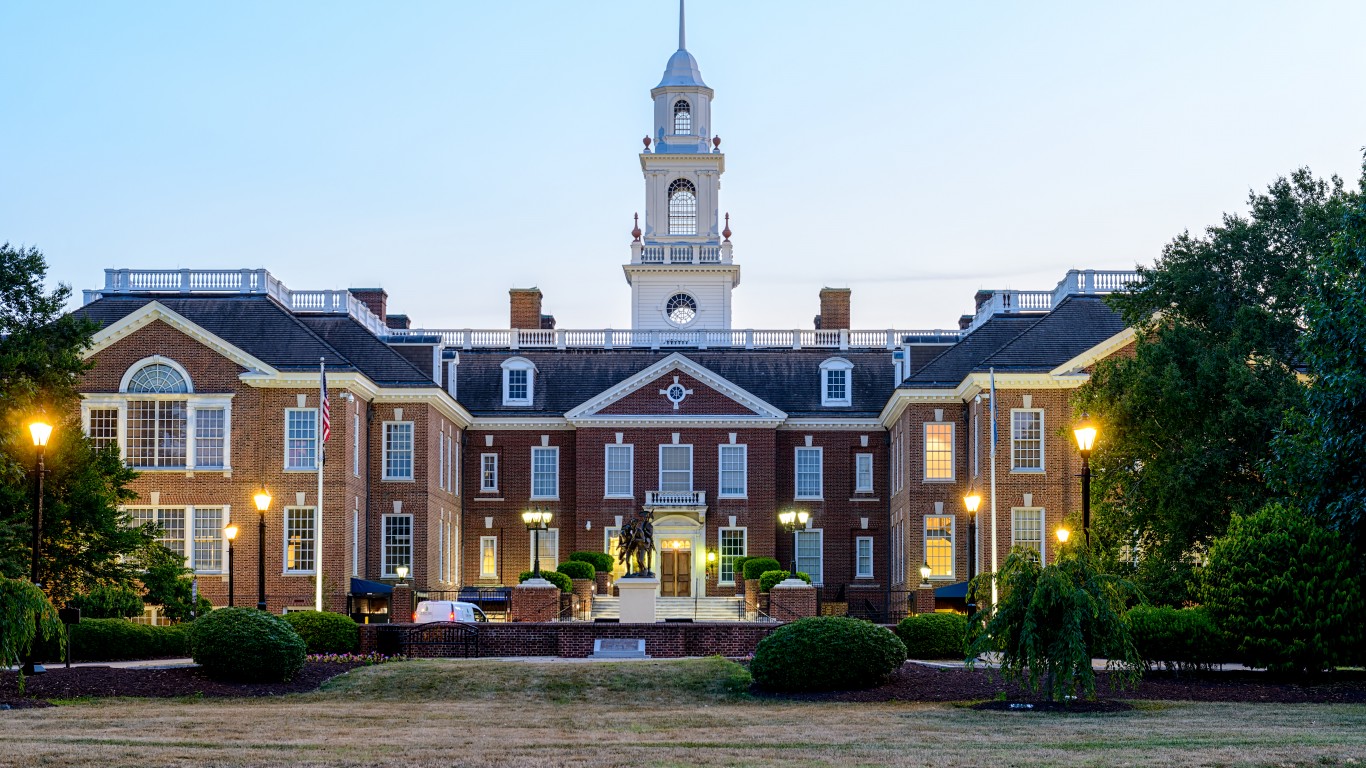
In Delaware, firearm removal for “extreme risk” individuals can last a minimum of 15 days and a maximum of one year. There are no laws for enforced gun removal in domestic crime situations.
Florida

In Florida, firearm removal for “extreme risk” individuals can last a minimum of 14 days and a maximum of one year. There are no laws for enforced gun removal in domestic crime situations.
Hawaii

In Hawaii, firearm removal for “extreme risk” individuals can last a minimum of 14 days and a maximum of one year. Gun removal is not enforced for individuals with domestic violence convictions, however, law enforcement can remove at least some firearms during domestic violence emergency calls.
Illinois
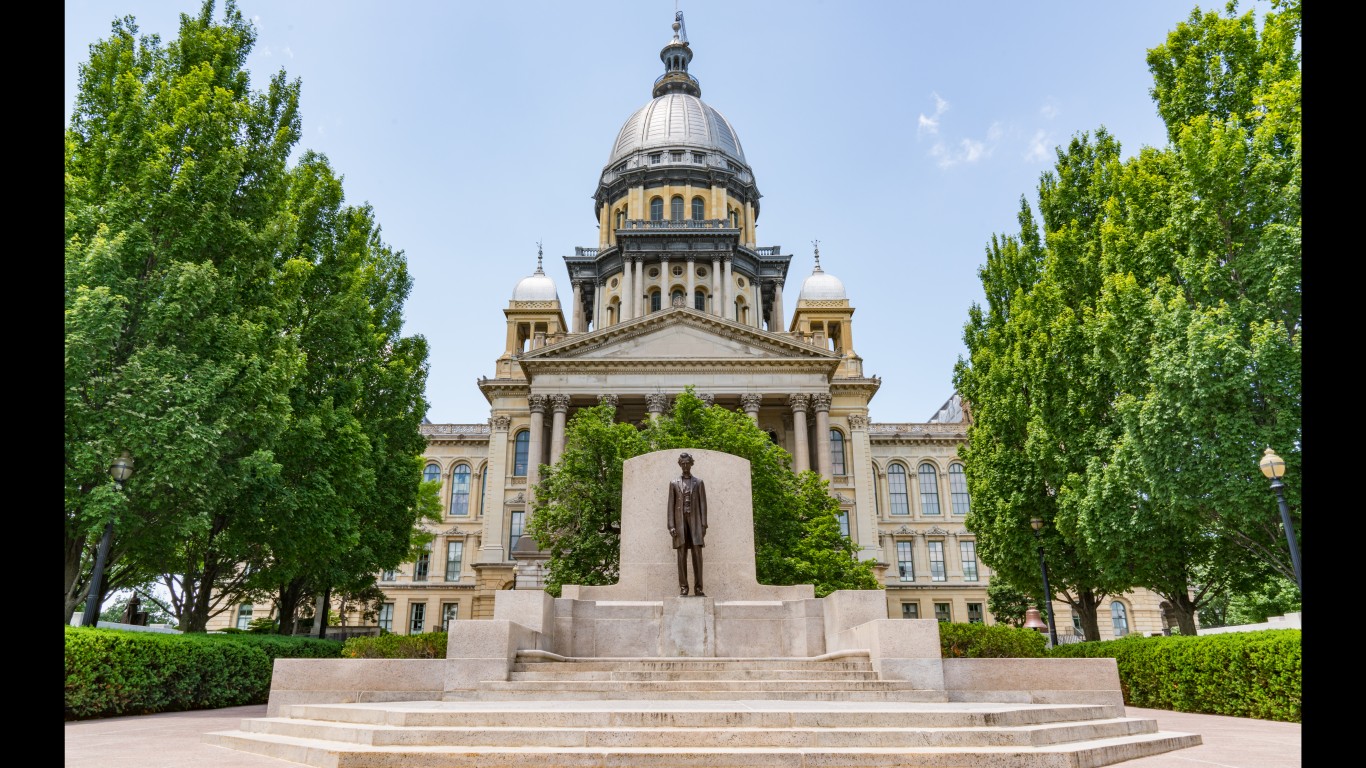
In Illinois, firearm removal for “extreme risk” individuals can last a minimum of 14 days and a maximum of six months. Gun removal is enforced for individuals under a domestic violence restraining order. Law enforcement can remove at least some firearms during domestic violence emergency calls.
Indiana

In Indiana, firearm removal for “extreme risk” individuals can last a minimum of 2 days and a maximum of at least 180 days. Gun removal is not enforced for individuals with domestic violence convictions. Law enforcement can remove at least some firearms during domestic violence emergency calls.
Louisiana

In Louisiana, there is no law regarding firearm removal for “extreme risk” individuals, however, gun removal is enforced for individuals with domestic violence convictions.
Maryland

In Maryland, firearm removal for “extreme risk” individuals can last a minimum of 1 day and a maximum of at least one year. Gun removal is not enforced for individuals with domestic violence convictions. Law enforcement can remove at least some firearms during domestic violence emergency calls.
Massachusetts

In Massachusetts, firearm removal for “extreme risk” individuals can last a minimum of 10 days and a maximum of one year. Gun removal is not enforced for individuals with domestic violence convictions.
Michigan

In Michigan, firearm removal for “extreme risk” individuals can last a minimum of 14 days and a maximum of one year (effective as of 2024). Gun removal is not enforced for individuals with domestic violence convictions.
Minnesota

In Minnesota, firearm removal for “extreme risk” individuals can last a minimum of 14 days and a maximum of one year (effective as of 2024). Gun removal is enforced for individuals with domestic violence convictions and restraining orders.
Montana

In Montana, law enforcement must remove at least some firearms during a domestic violence emergency call.
Nebraska

In Nebraska, law enforcement must remove at least some firearms during a domestic violence emergency call.
Nevada

In Nevada, firearm removal for “extreme risk” individuals can last a minimum of seven days and a maximum of one year. Gun removal is enforced for individuals with crime-related possession bans, domestic violence convictions, and those under a domestic restraining order.
New Hampshire

In New Hampshire, law enforcement must remove at least some firearms during a domestic violence emergency call.
New Jersey

In New Jersey, firearm removal for “extreme risk” individuals can last a minimum of 10 days with an indefinite maximum. Gun removal is enforced for individuals with domestic violence convictions. Law enforcement must remove at least some firearms during domestic violence emergency calls.
New Mexico

In New Mexico, firearm removal for “extreme risk” individuals can last a minimum of 10 days and a maximum of one year. Gun removal is not enforced for individuals with domestic violence convictions.
New York
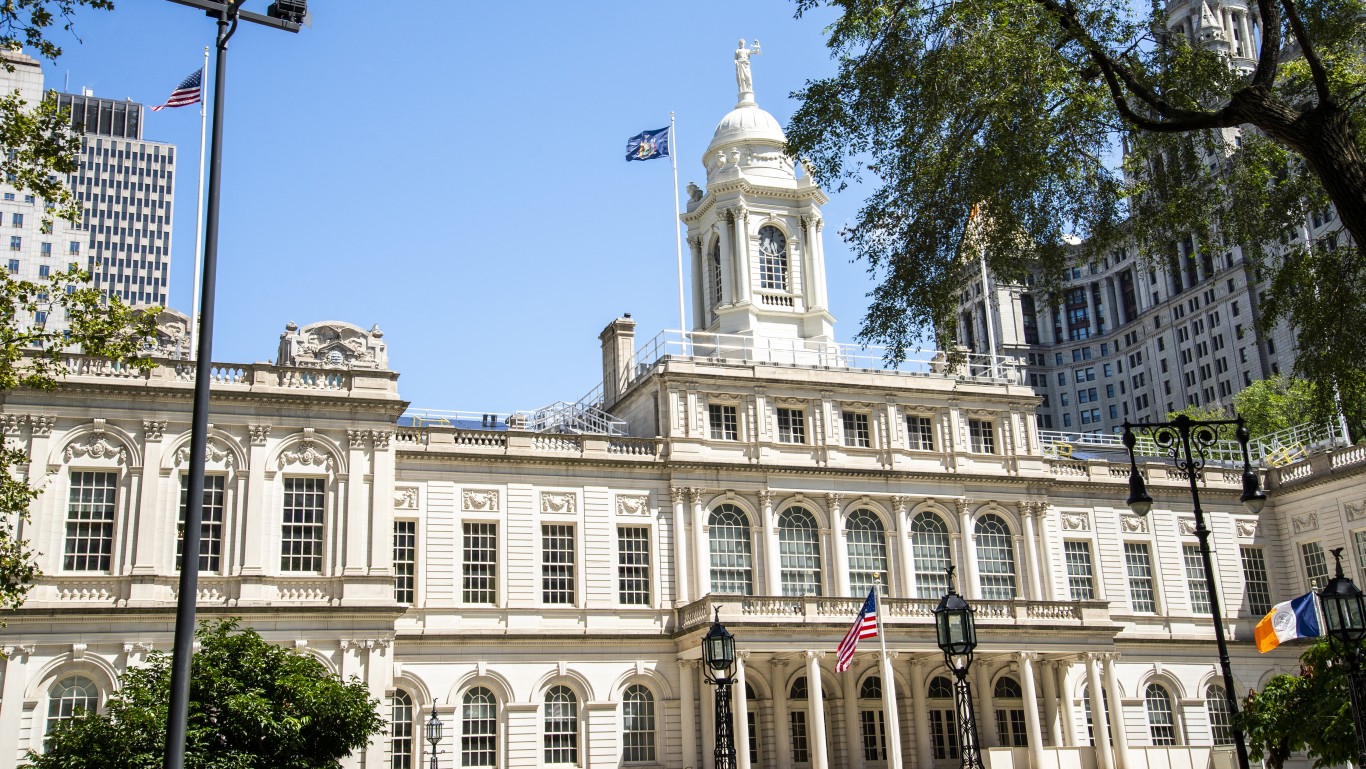
In New York, firearm removal for “extreme risk” individuals can last a minimum of six days and a maximum of one year. Gun removal is not enforced for individuals with domestic violence convictions.
Ohio

In Ohio, law enforcement must remove at least some firearms during domestic violence emergency calls.
Oklahoma

In Oklahoma, law enforcement must remove at least some firearms during domestic violence emergency calls.
Oregon

In Oregon, firearm removal for “extreme risk” individuals can last a minimum of 21 days and a maximum of one year. Gun removal is enforced for individuals with domestic violence convictions and those under a domestic violence restraining order.
Pennsylvania

In Pennsylvania, law enforcement must remove at least some firearms during domestic violence emergency calls.
Rhode Island

In Rhode Island, firearm removal for “extreme risk” individuals can last a minimum of 14 days and a maximum of one year. Gun removal is enforced for individuals with domestic violence convictions and those under a domestic violence restraining order.
Tennessee

In Tennessee, gun removal is enforced for individuals with domestic violence convictions and those under a domestic violence restraining order. Law enforcement must remove at least some firearms during domestic violence emergency calls.
Utah
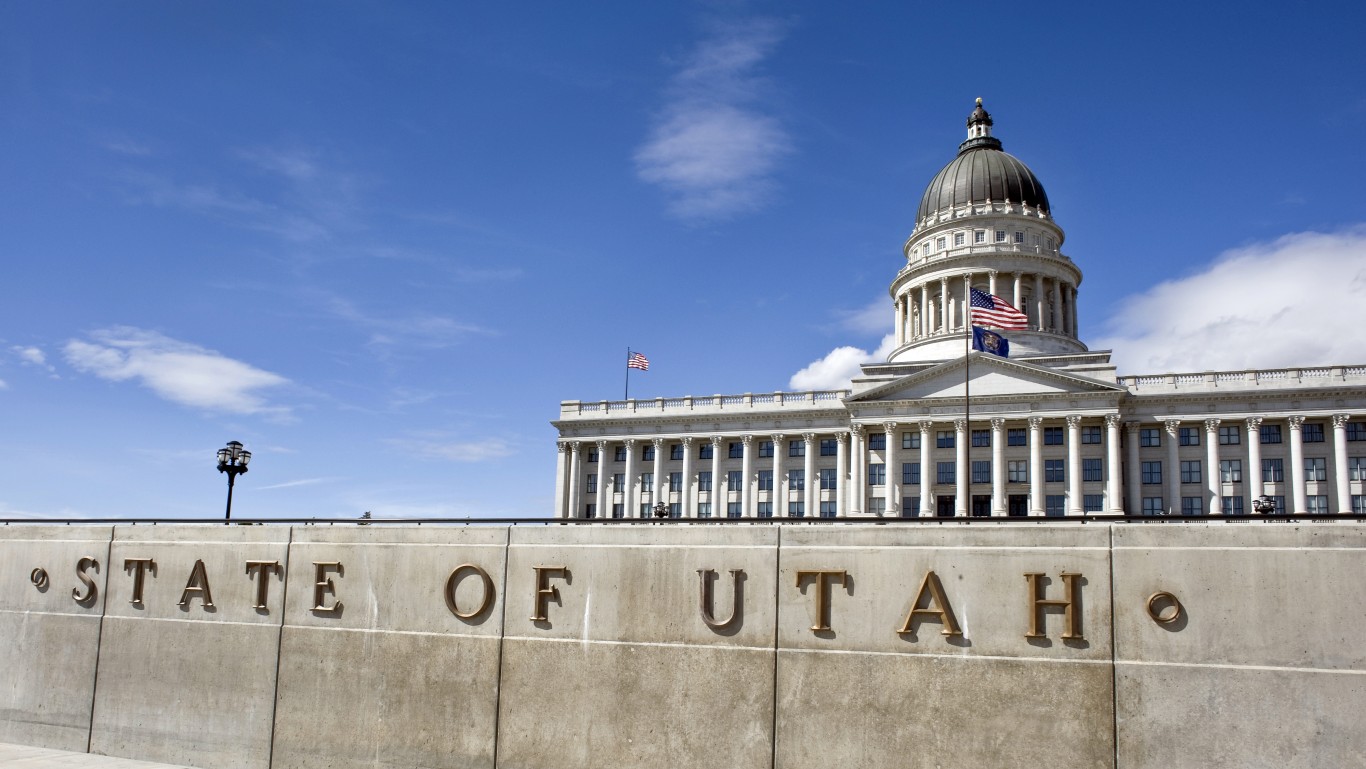
In Utah, law enforcement must remove at least some firearms during domestic violence emergency calls.
Vermont

In Vermont, firearm removal for “extreme risk” individuals can last a minimum of 14 days and a maximum of six months. Law enforcement can remove at least some firearms during domestic violence emergency calls.
Virginia

In Virginia, firearm removal for “extreme risk” individuals can last a minimum of 14 days and a maximum of six months. Gun removal is enforced for those under a domestic violence restraining order.
Washington

In Virginia, firearm removal for “extreme risk” individuals can last a minimum of 14 days and a maximum of one year. Gun removal is enforced for those under a domestic violence restraining order. During a domestic violence emergency call, law enforcement must remove at least some firearms.
West Virginia

In West Virginia, law enforcement must remove at least some firearms.
Wisconsin

In Wisconsin, gun removal is enforced for those under a domestic violence restraining order.
Methodology
All data in this story was compiled by the Giffords Law Center, a gun violence prevention group. Each of the 34 states on this list has gone beyond the federal government in enacting laws to ensure certain individuals – either those who have committed specific crimes, or those who pose a direct threat to themselves or others – do not have access to firearms for a certain period of time, by either confiscating their firearms, or forcing the individual to relinquish their firearms.
Only states that have extreme risk protection order laws, or laws that mandate law enforcement to confiscate guns at the scene of a domestic violence call, or laws that verify certain convicted criminals have given up their firearms, or laws that ensure those under a domestic violence-related restraining order do not have access to firearms are on this list.
Take This Retirement Quiz To Get Matched With An Advisor Now (Sponsored)
Are you ready for retirement? Planning for retirement can be overwhelming, that’s why it could be a good idea to speak to a fiduciary financial advisor about your goals today.
Start by taking this retirement quiz right here from SmartAsset that will match you with up to 3 financial advisors that serve your area and beyond in 5 minutes. Smart Asset is now matching over 50,000 people a month.
Click here now to get started.
Thank you for reading! Have some feedback for us?
Contact the 24/7 Wall St. editorial team.
